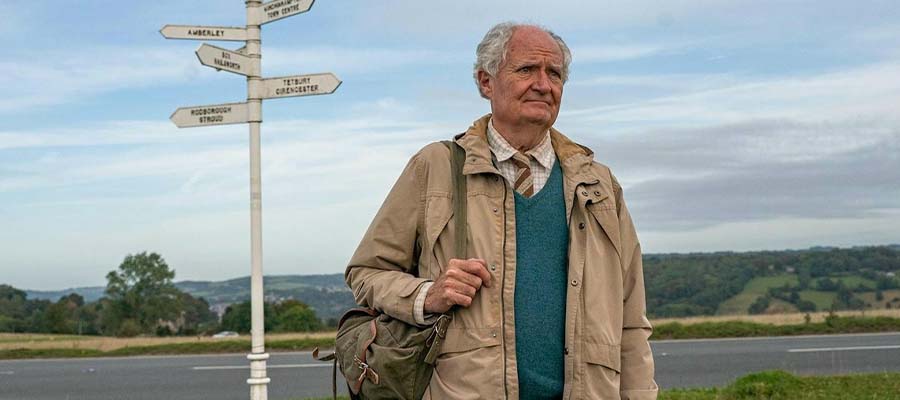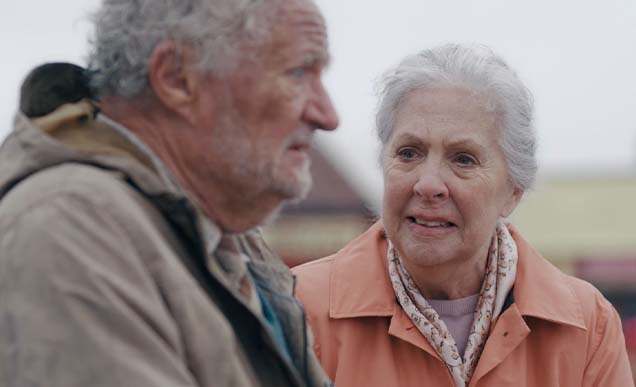The Unlikely Pilgrimage of Harold Fry (Film Review)
2 min read
After receiving a letter from an old colleague who has moved into a hospice, Harold Fry, in his late 60s, spontaneously decides to walk from his home in South Devon to Berwick-upon-Tweed to visit his friend. This is the start of a both an eye-opening journey full of heart-warming moments and a reflective walk through Harold's memories and personal losses. Either way you look at it, Harold Fry is a sentimental and somewhat uplifting tearjerker that feels oh so very British. With some very picturesque views of England, whether it is through forests, towns or even roads, Harold's pilgrimage may inspire you to take a walk for yourself.
There seems to be many themes channelling through Harold Fry. Regret and grief are Harold's constant companions, but he does get the chance to express himself, even if it's only in a few words to others who have suffered or struggled with their own lives. The walk itself is a device that Harold uses to also work through his years of apathetic behaviour. We learn about his relationship with his wife, his son and Queenie, his friend and colleague. More importantly we discover what kind of person Harold is, mainly through the characters he meets along the way and his own ramblings to himself about the past, splintered together with snippets of flashbacks. These images, mostly of David, haunt him along his path, but also provide that motivation to finish what he's started, especially as he continuously says, he never ever did anything before.

Despite the excellent performances from both Jim Broadbent and Penelope Wilton, the film does come across stilted in parts. With repetitious dialogue, one note background characters and the unfortunate scenes where we see Harold walking along, what feels like, the same roads and fields. The latter is of course part of the story but could have been cut down. The more emotional scenes between Harold and his wife Maureen are necessary to move the story along, yet there was little to convey Harold's feelings about Maureen, this felt like the biggest mystery throughout the film, rather than what happened to David and what part did Queenie play in Harold's life. Even though this is Harold's walk, Maureen is the one who seems to express the most. Maybe she should have gone on her own journey of self-discovery.
Adapted from the book of the same name by Rachel Joyce who also wrote the script, this story of man having absolute blind faith that he could save his friend feels like a very typical British tearjerker. It may make you slightly uplifted by the end and that just maybe things can get better, but before that, you'll be feeling that wave of emotion and wiping away a tear or two by the end.
The Unlikely Pilgrimage of Harold Fry will be released in cinemas on 28th April







